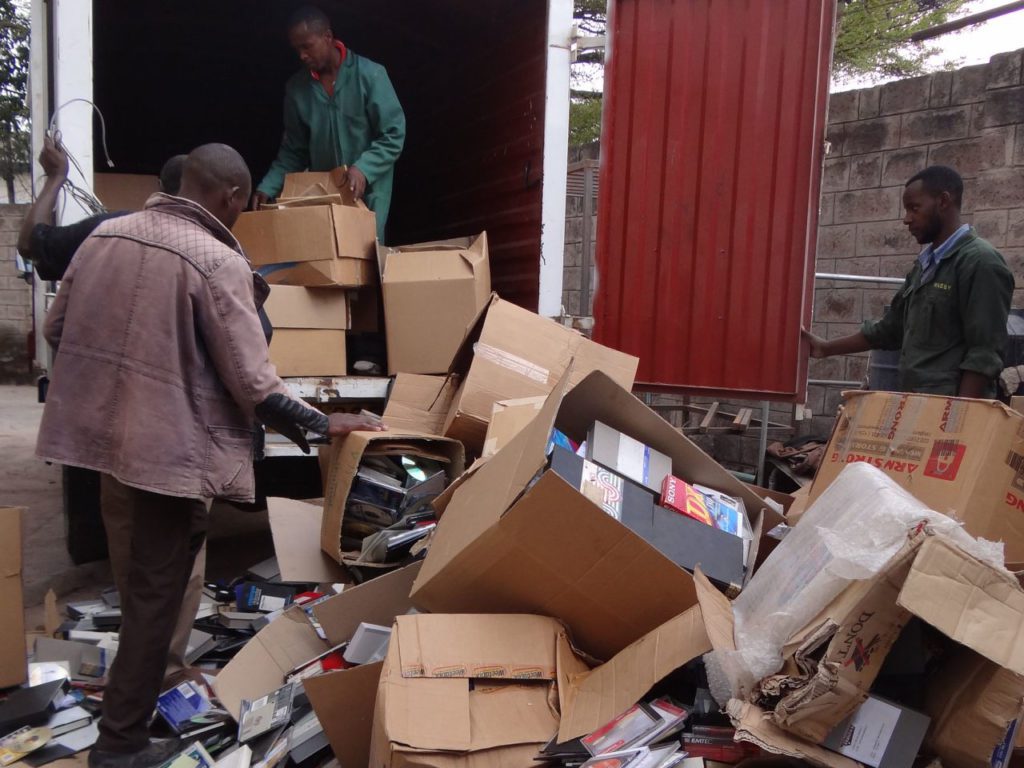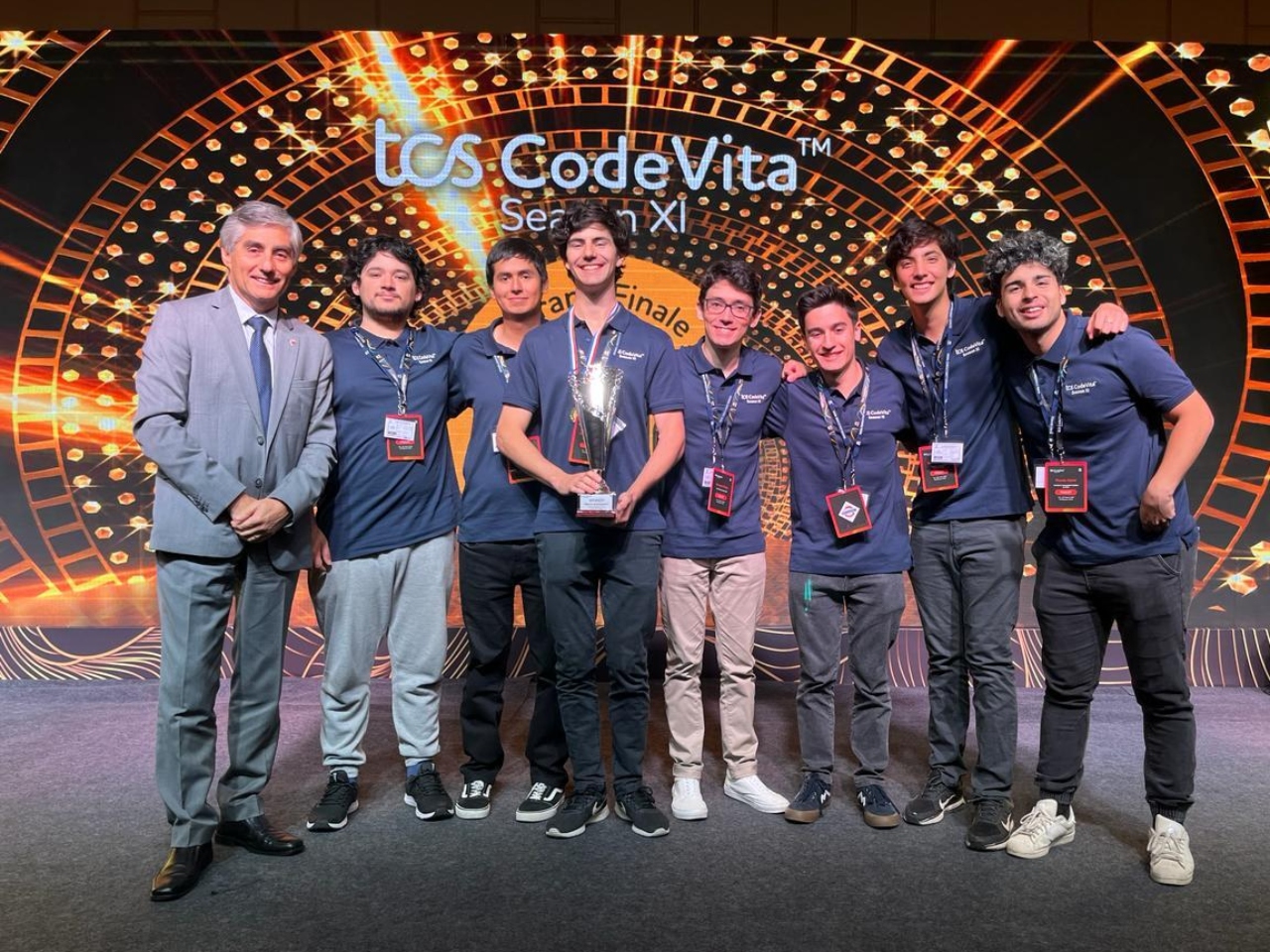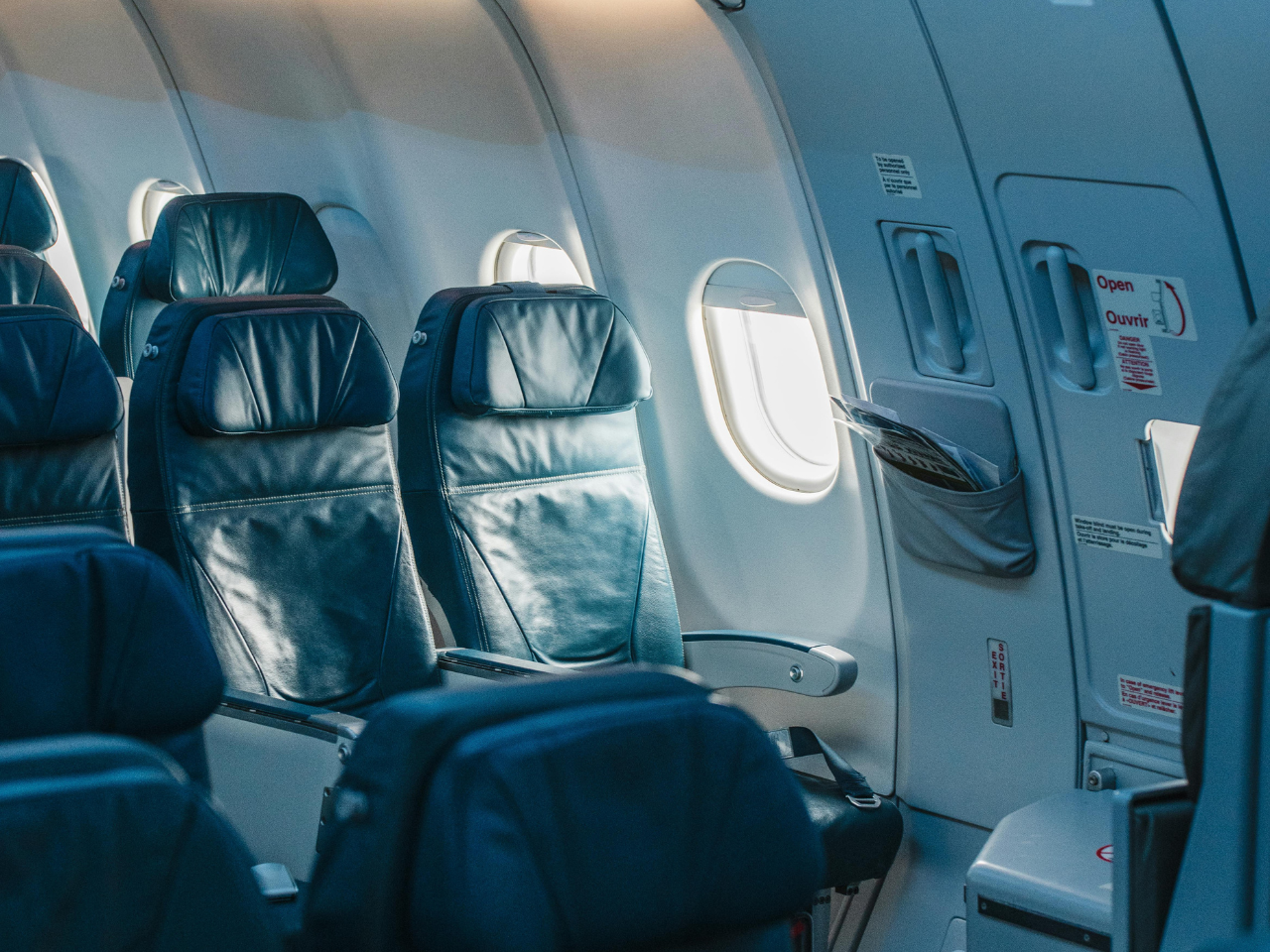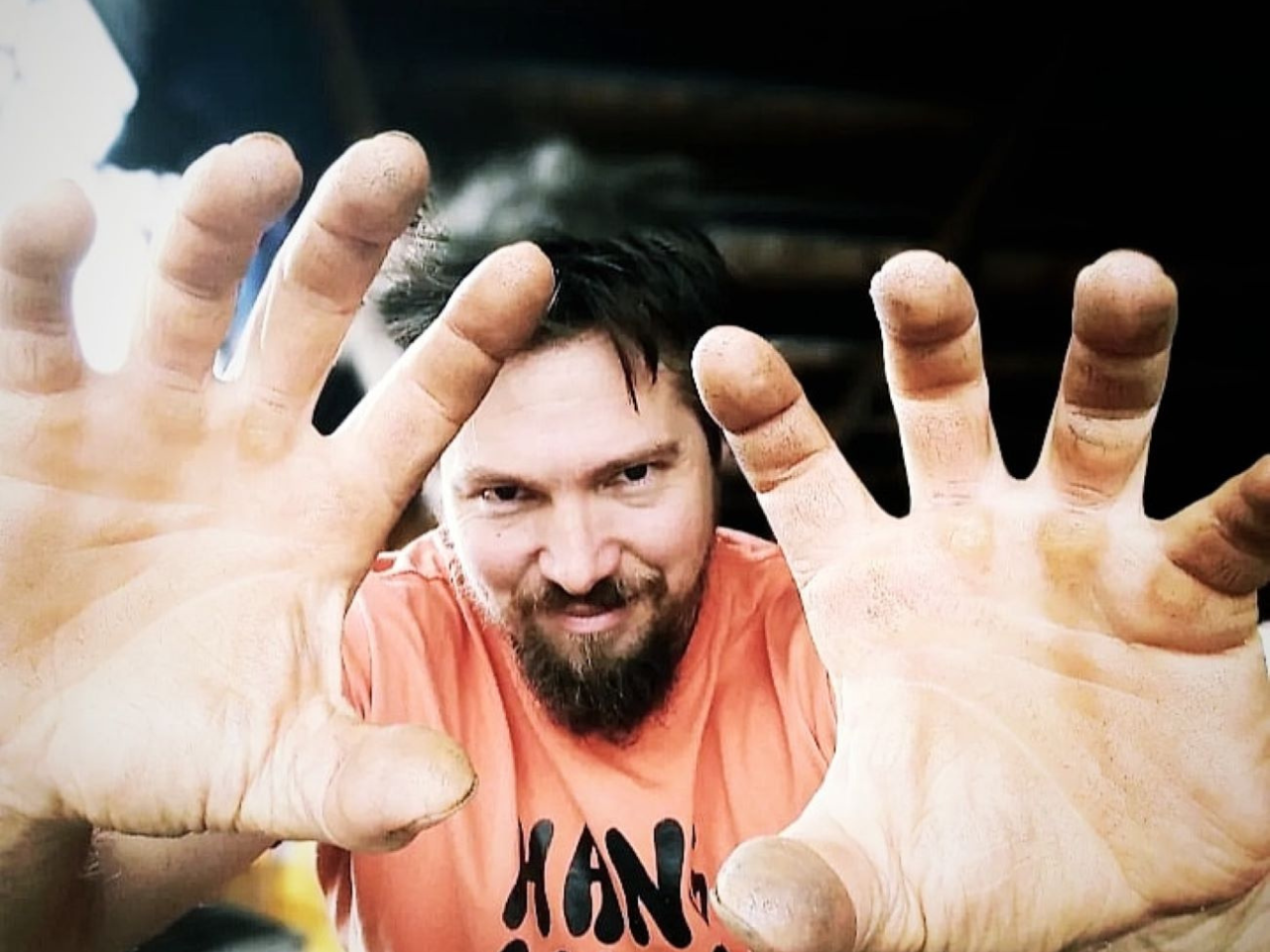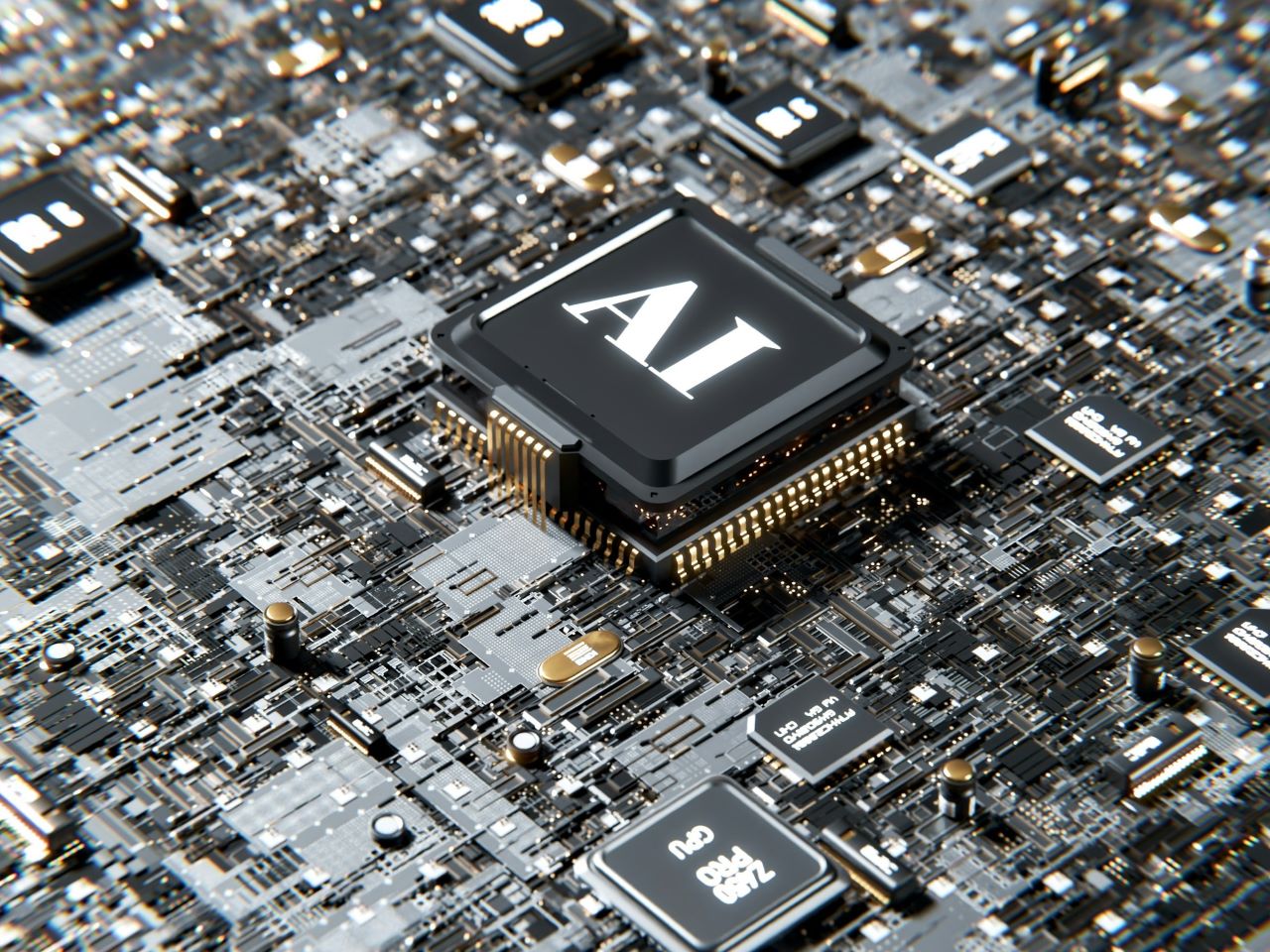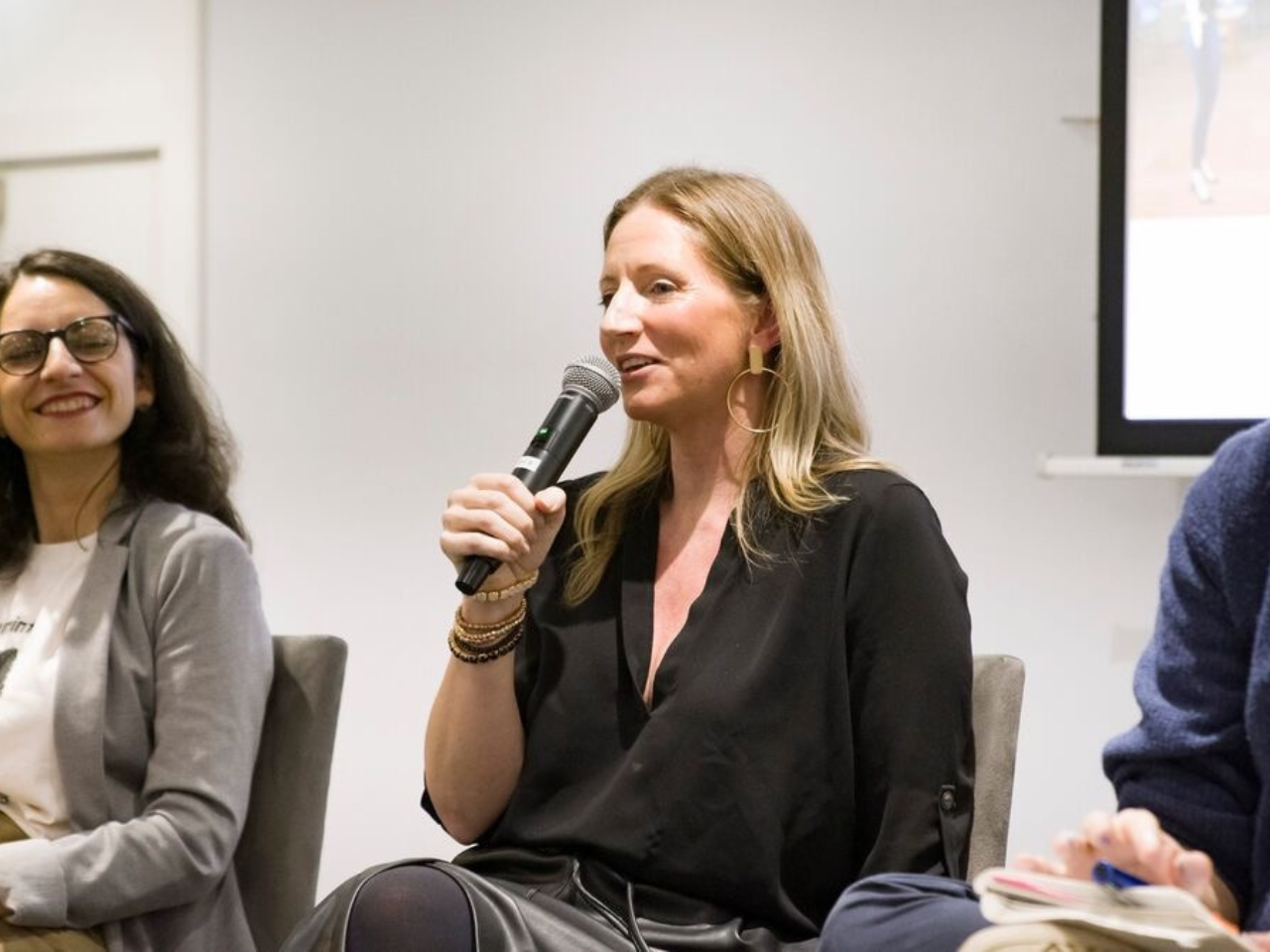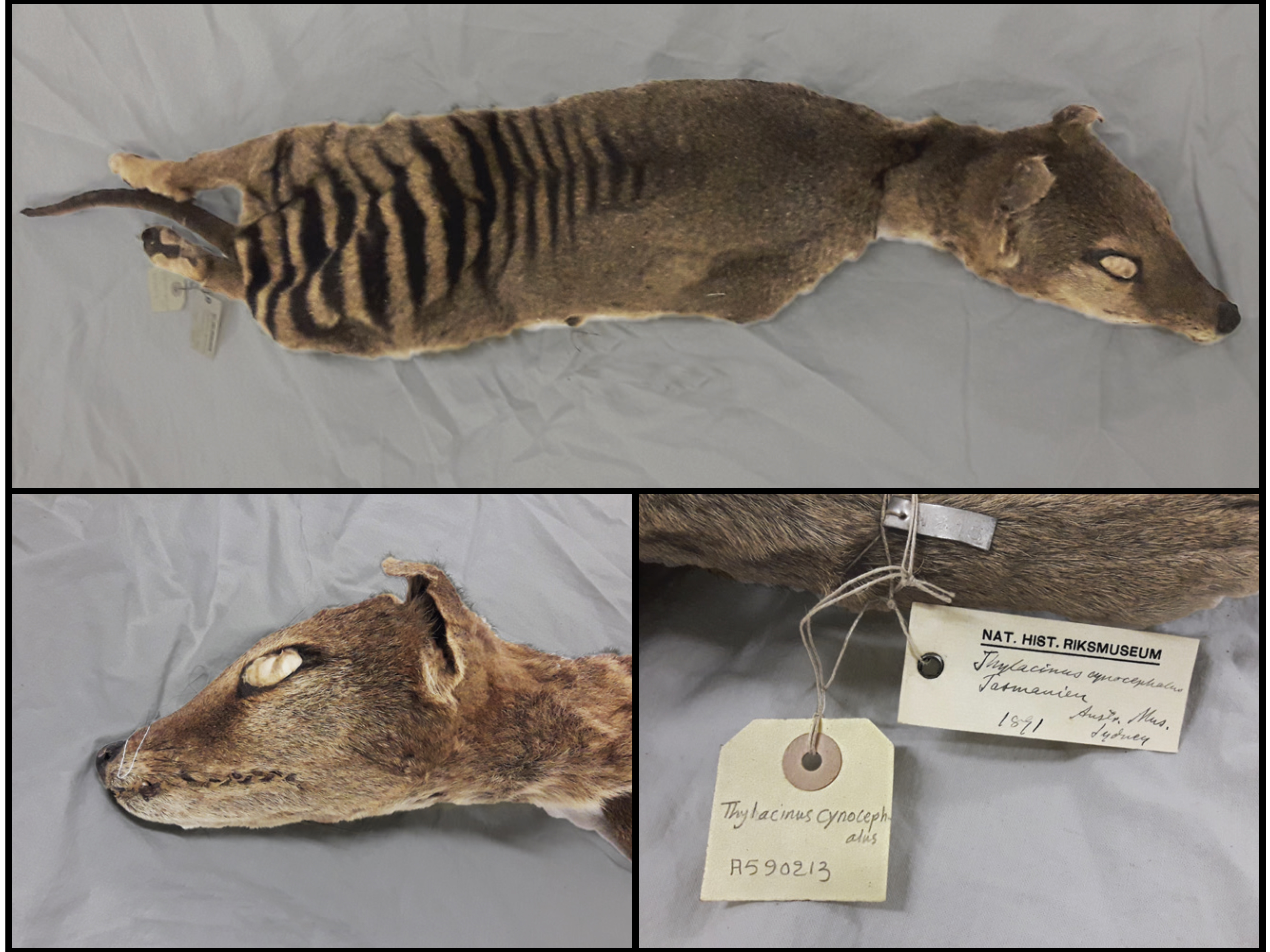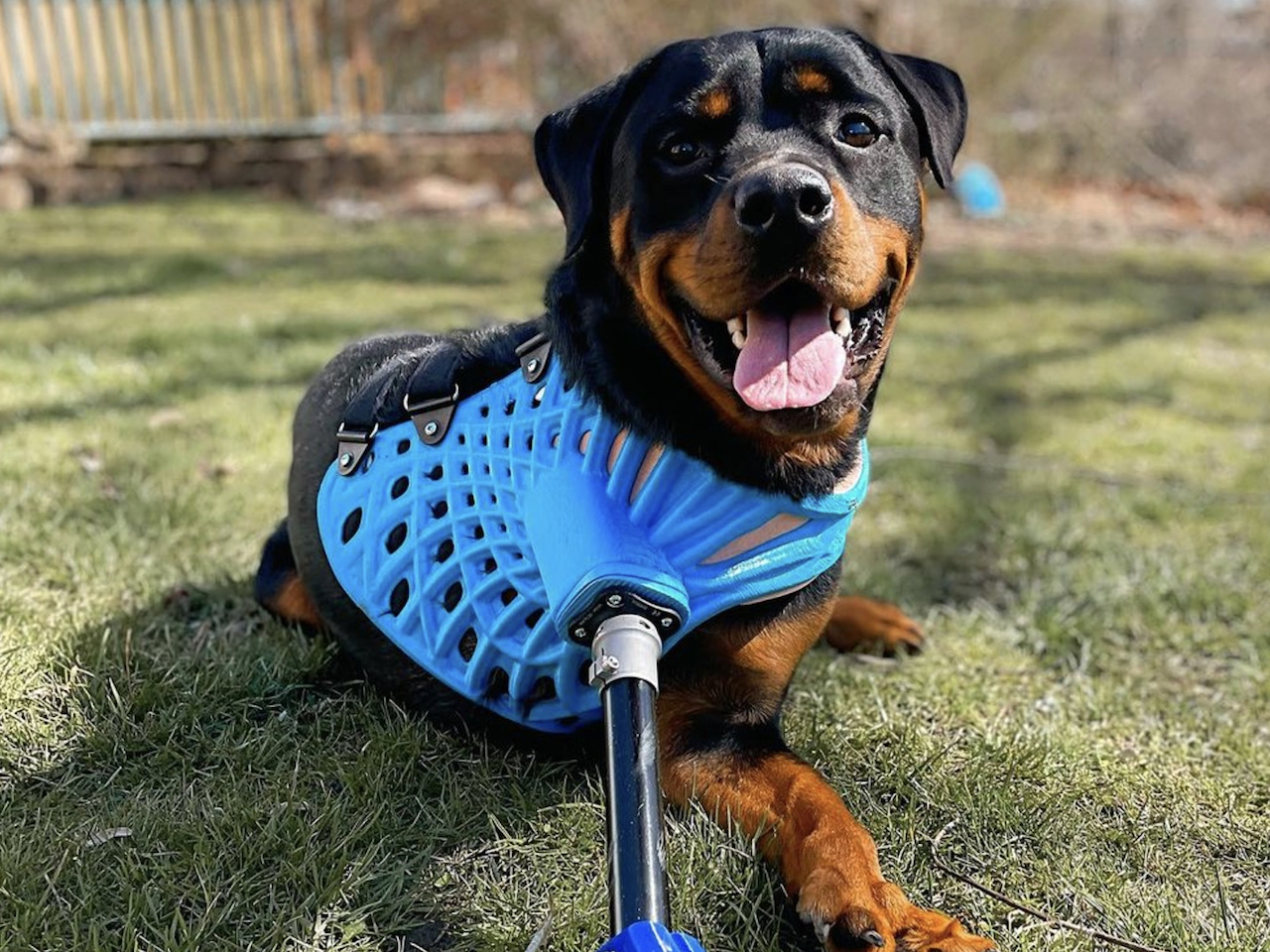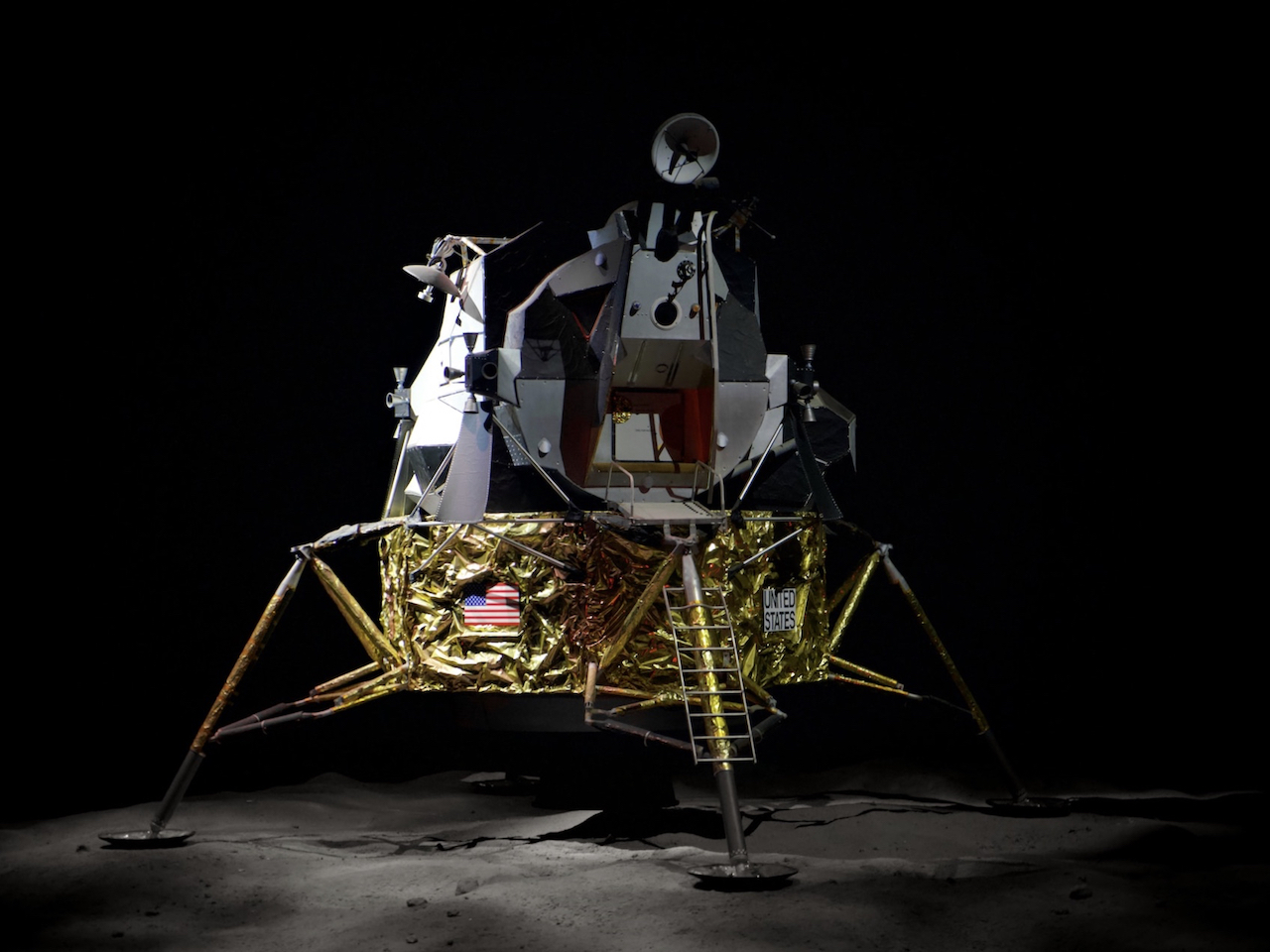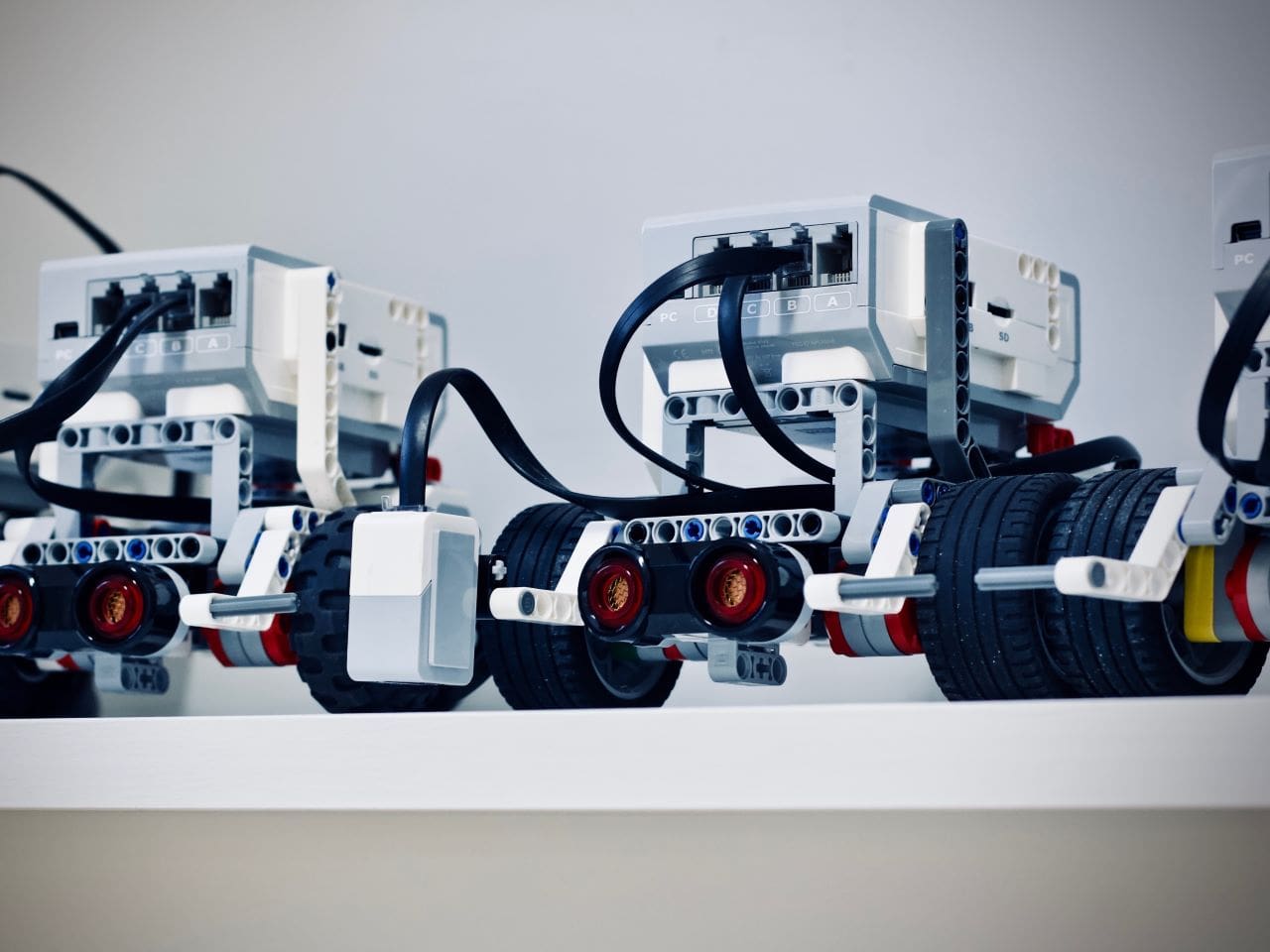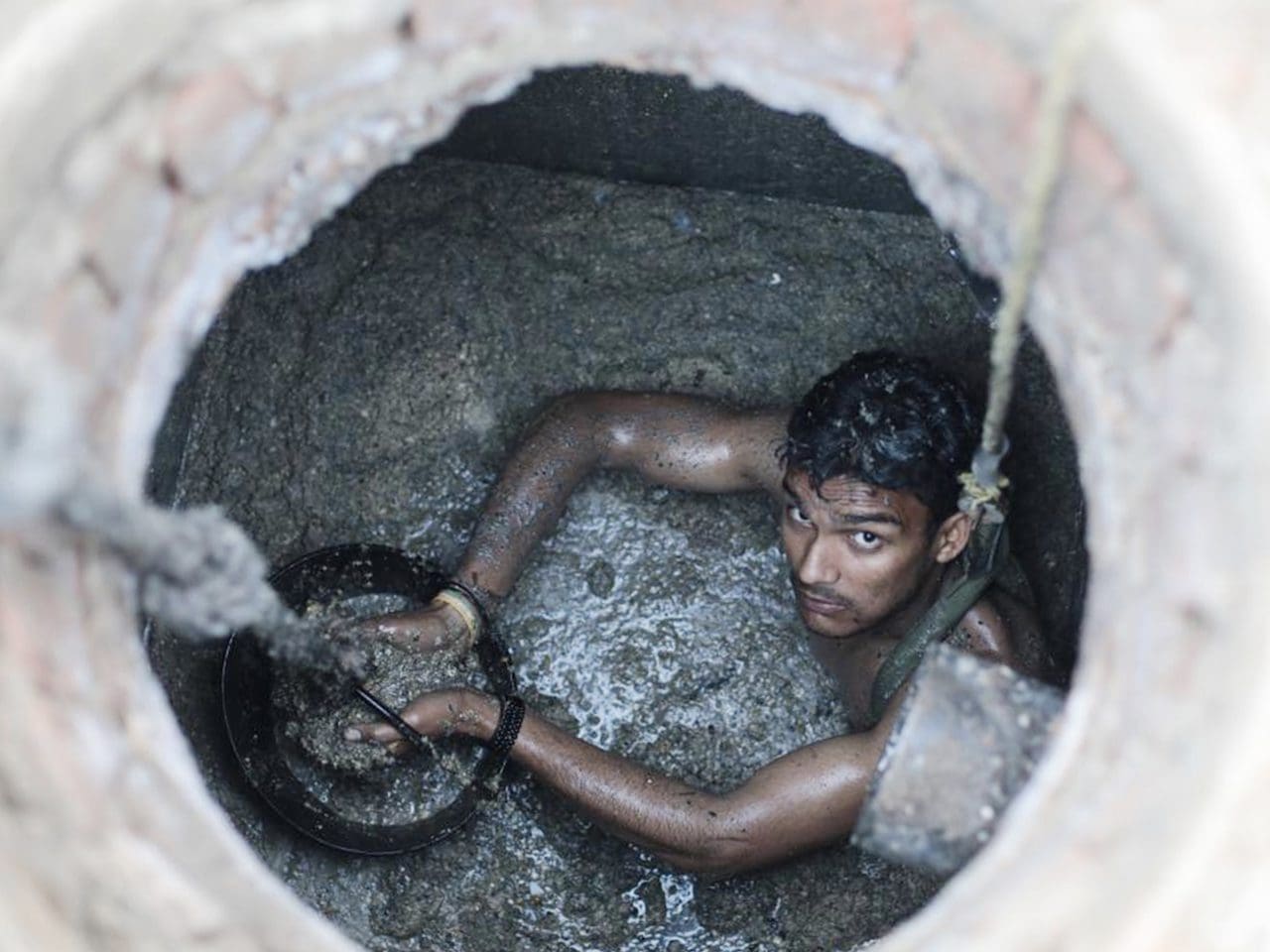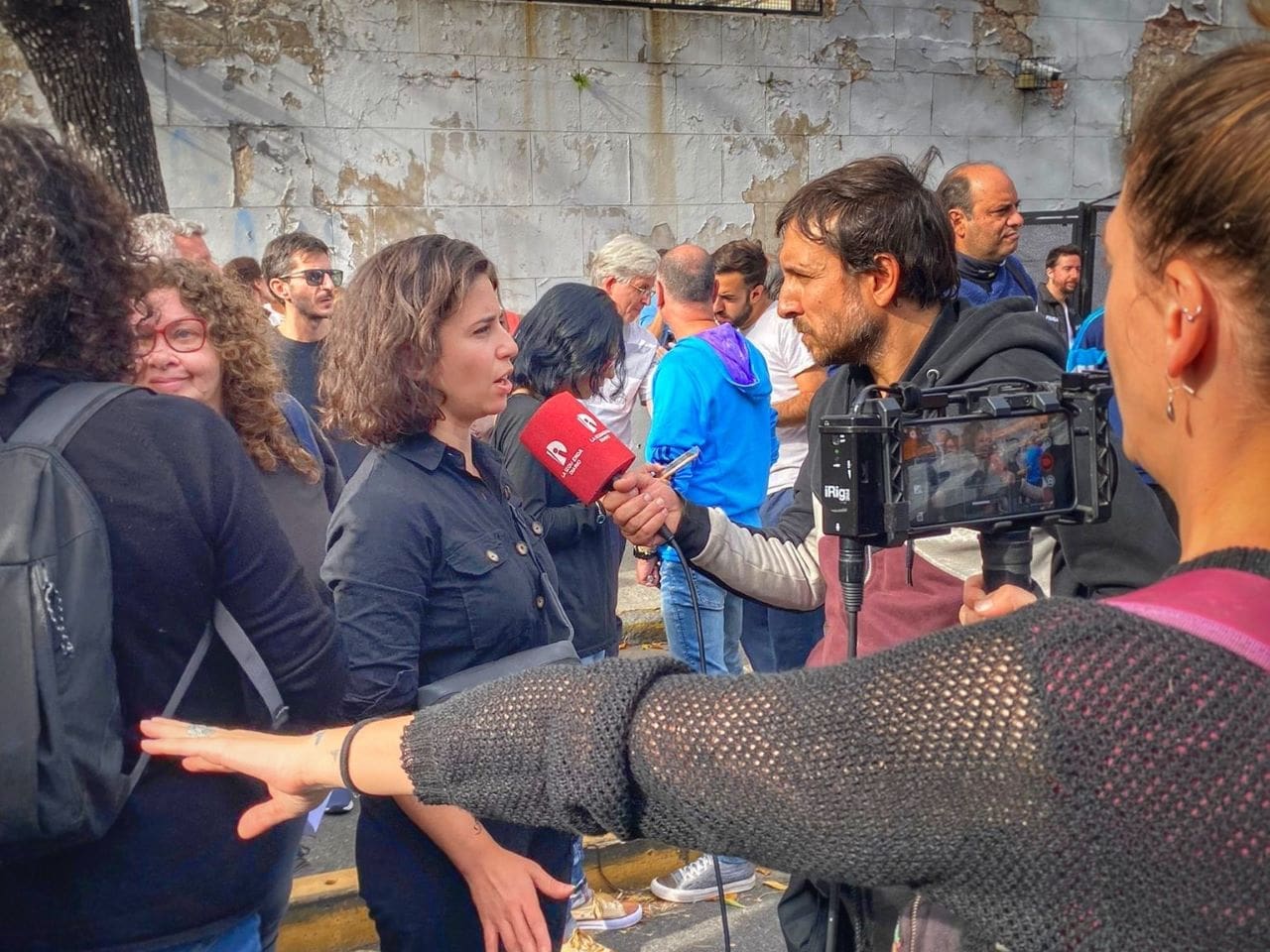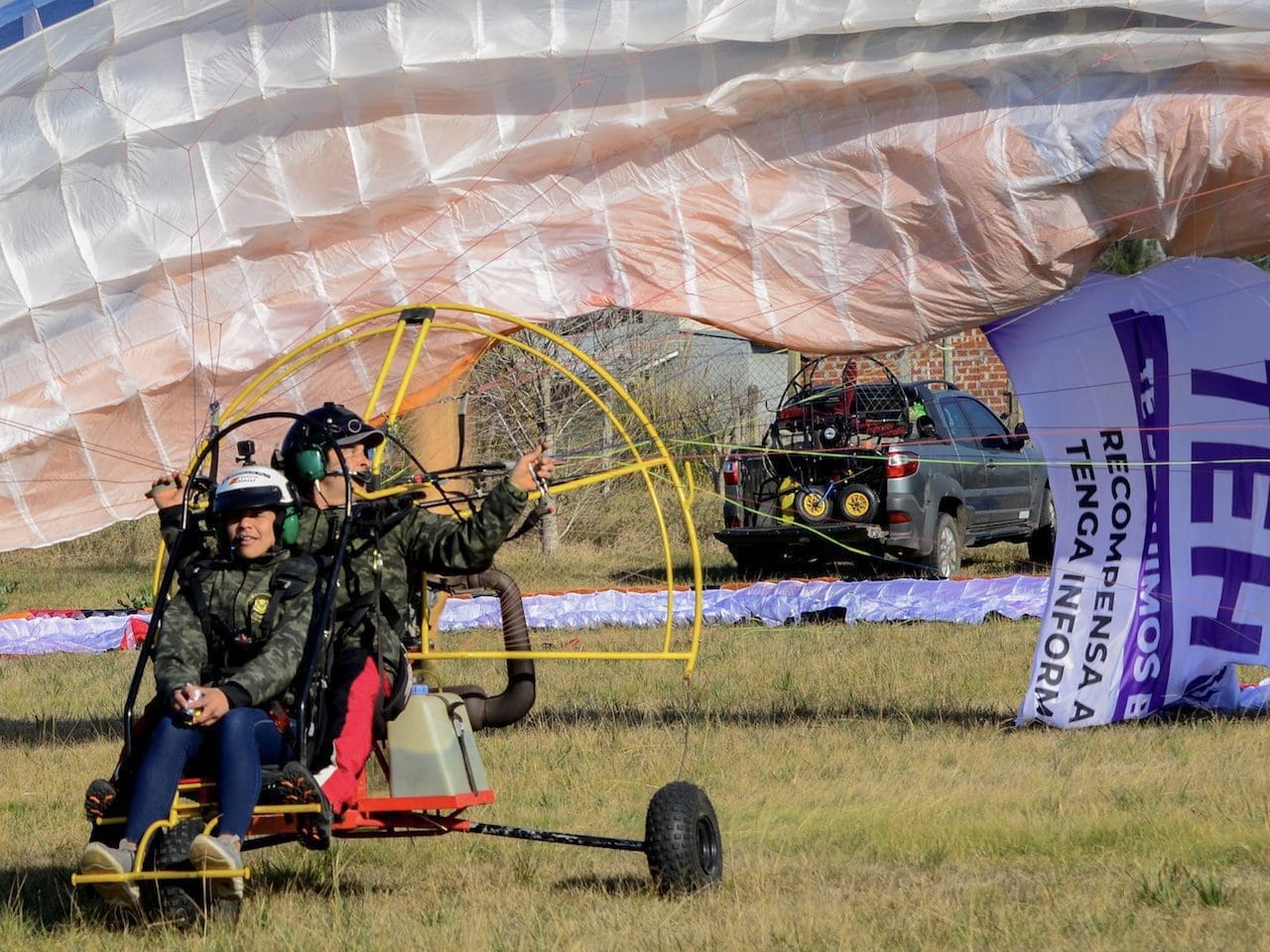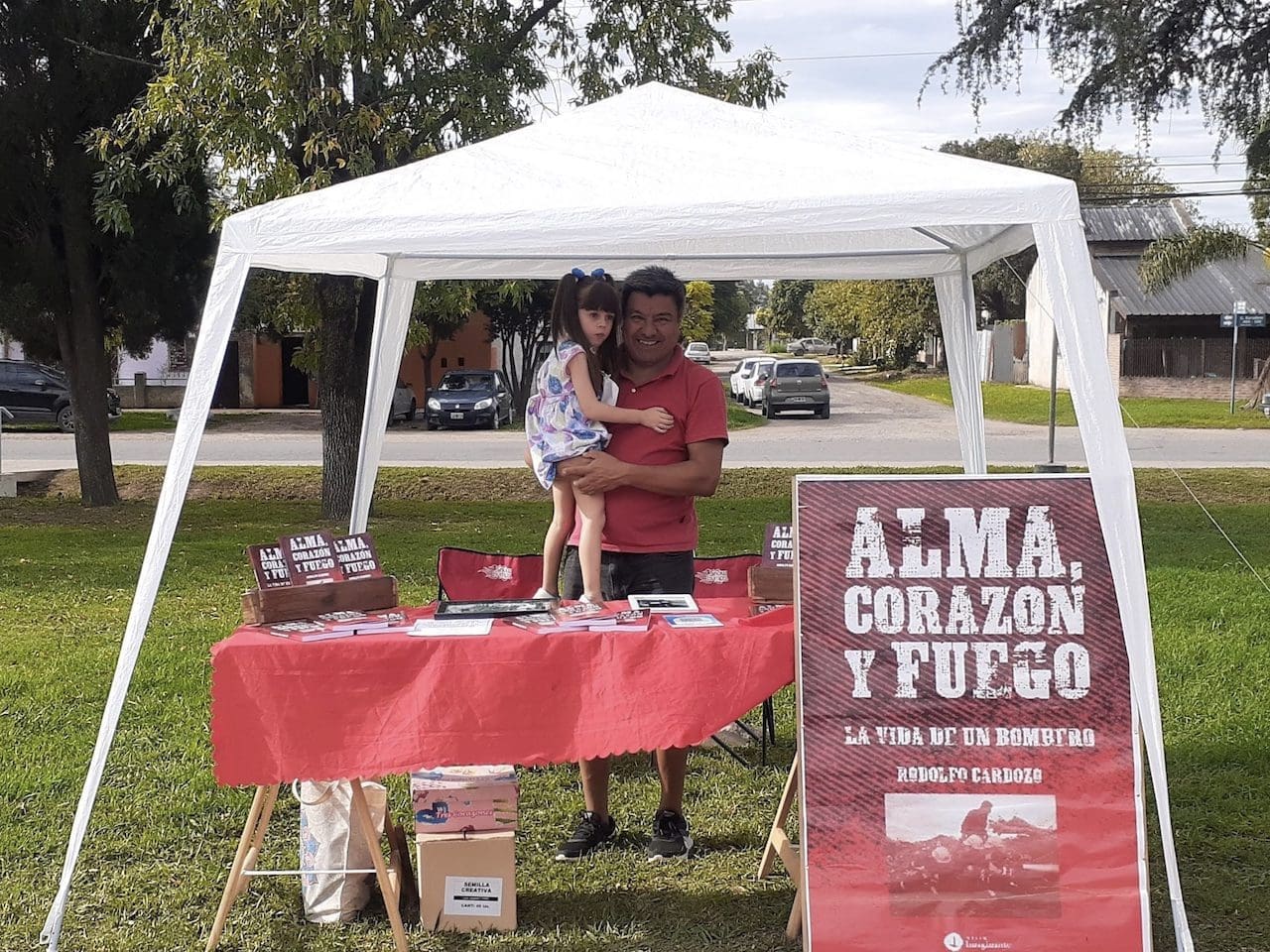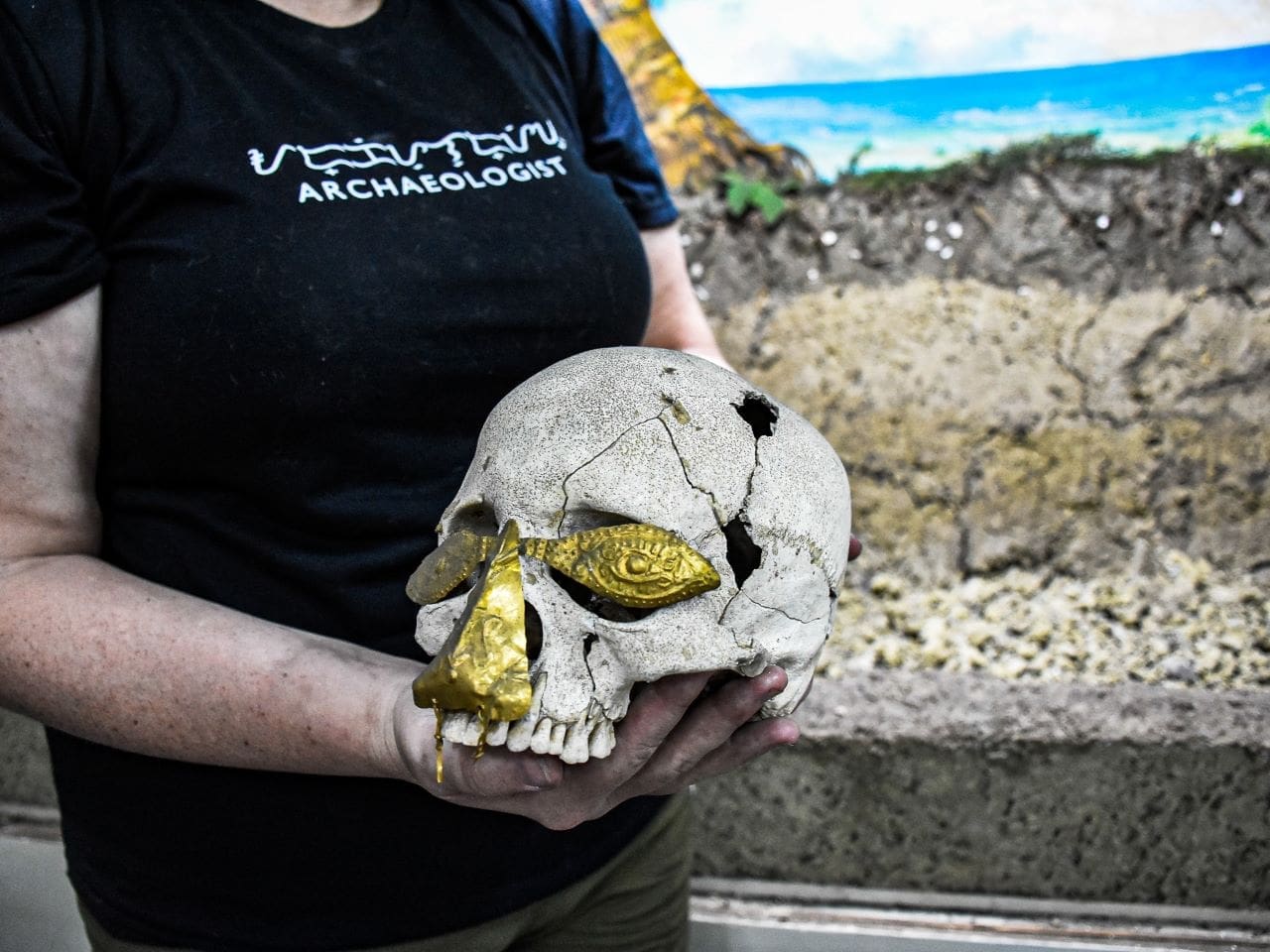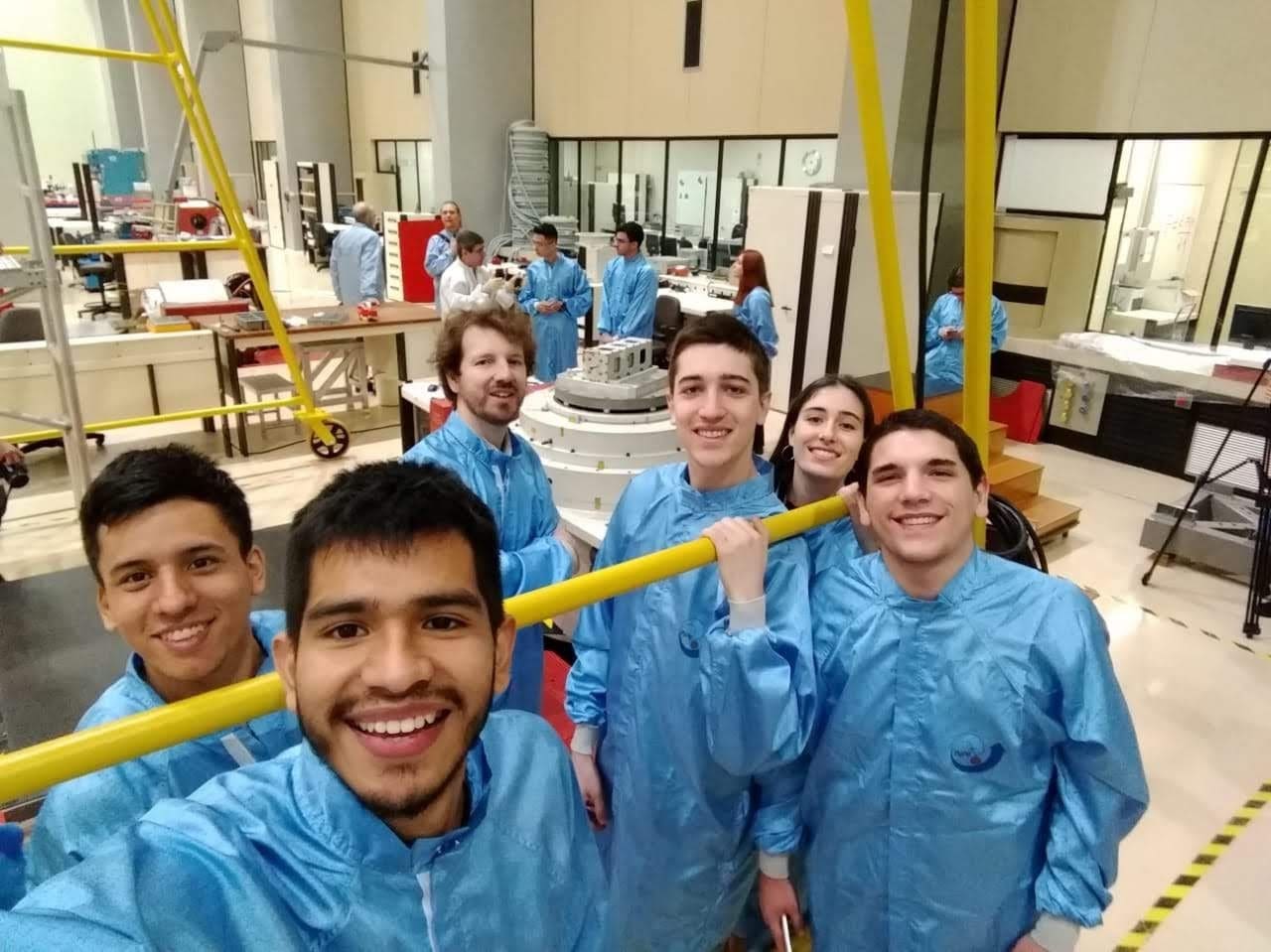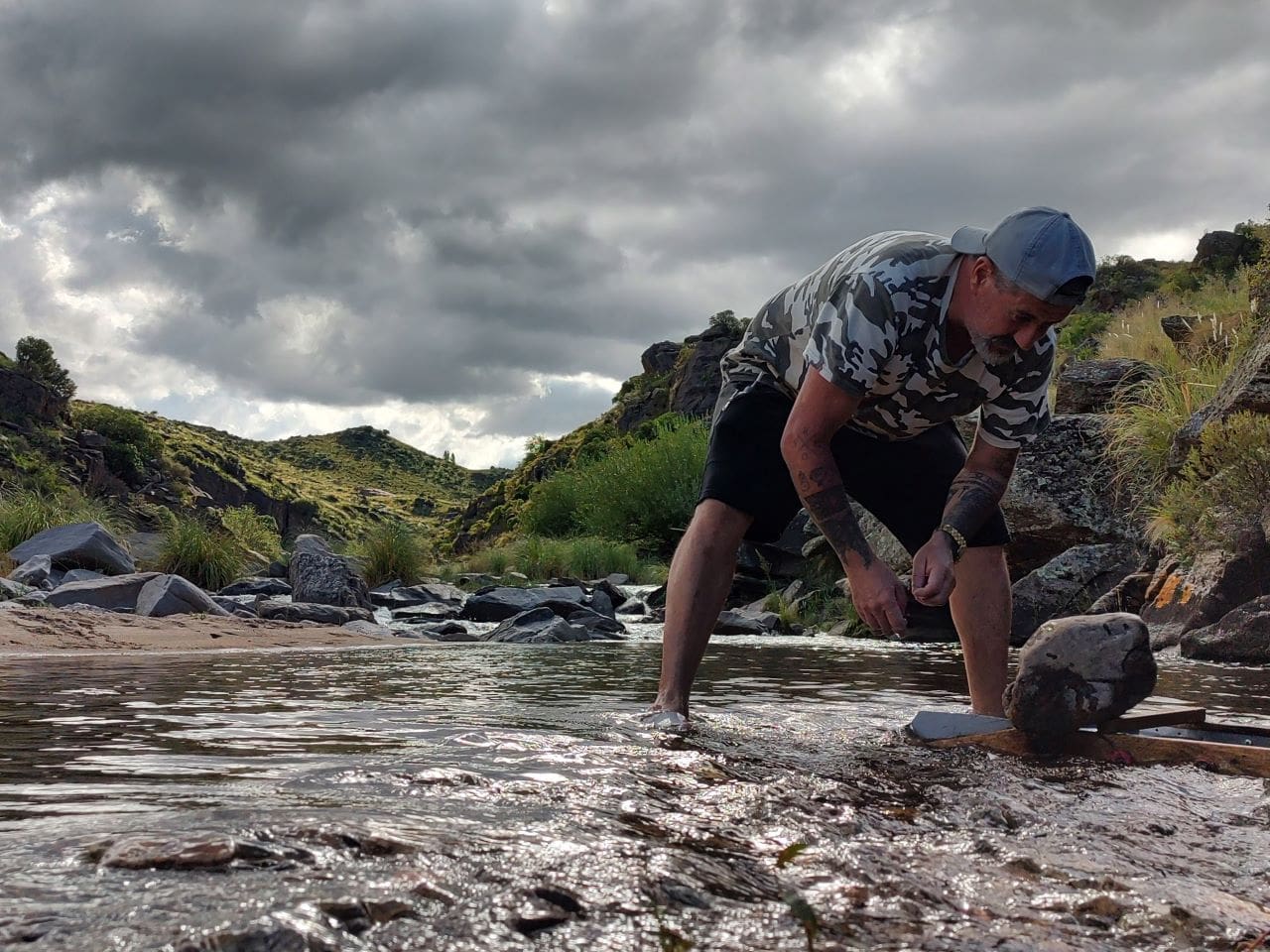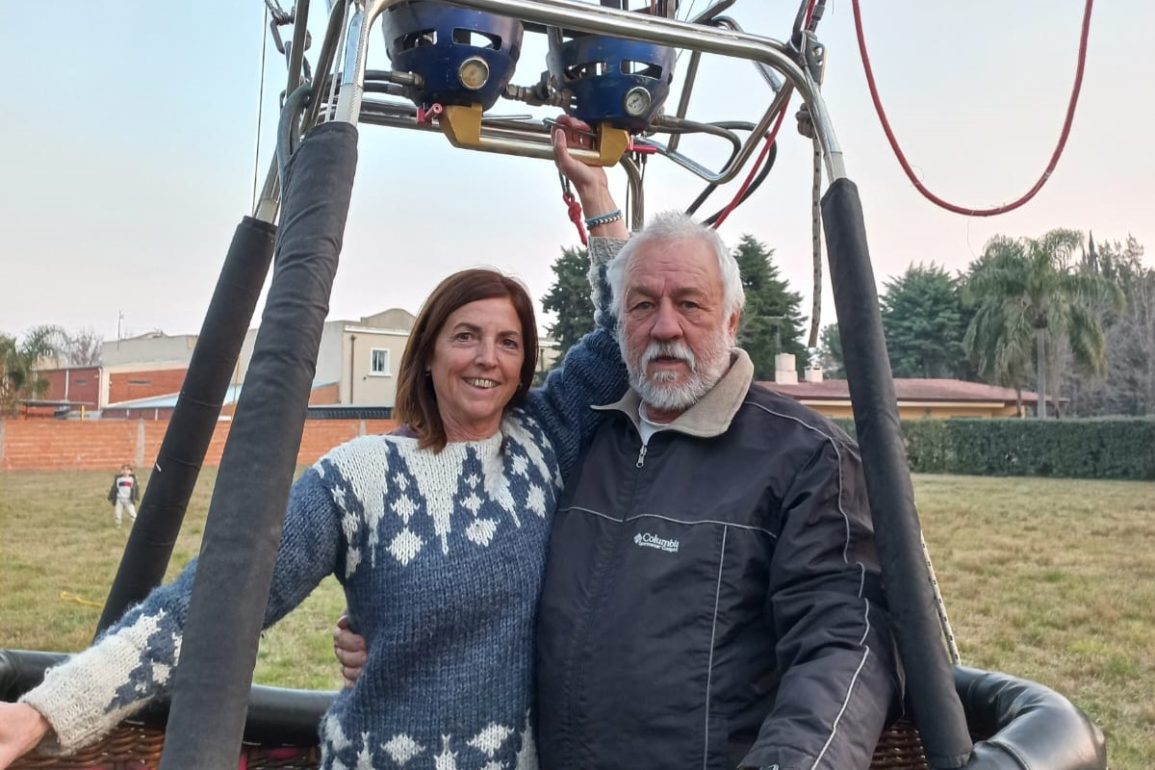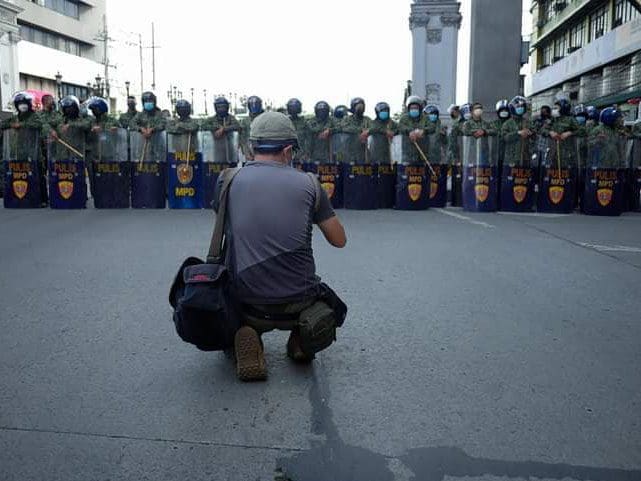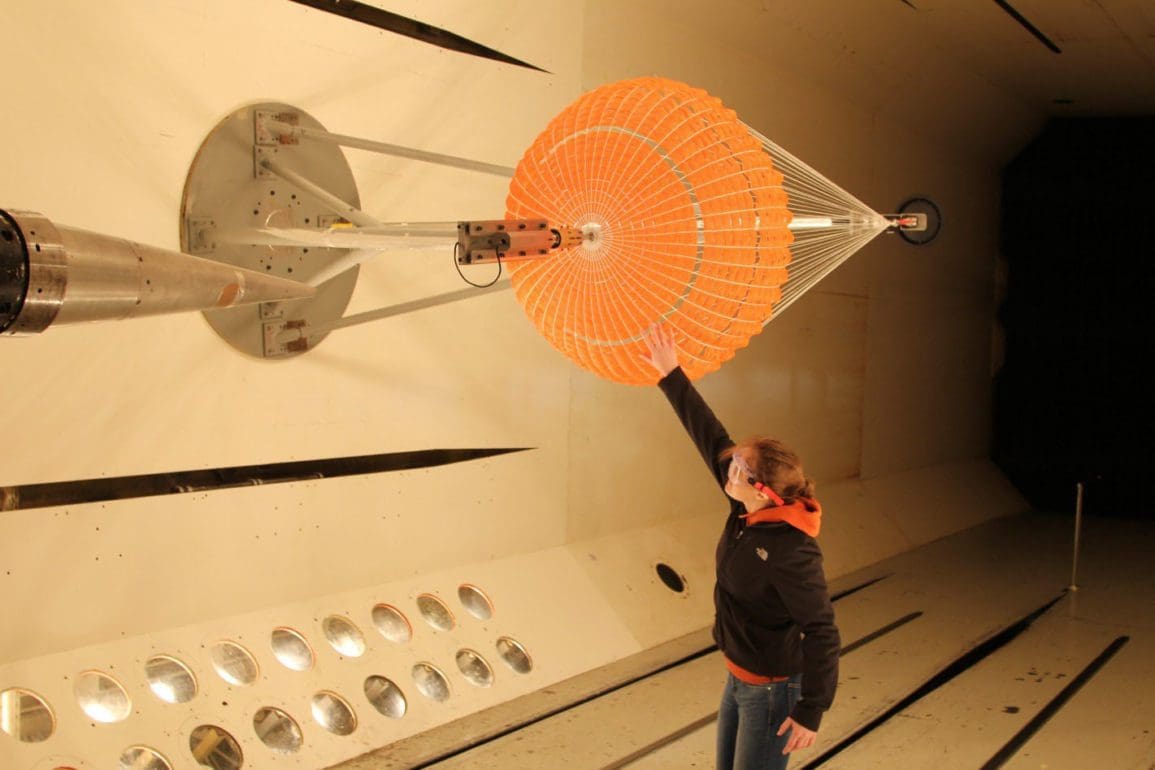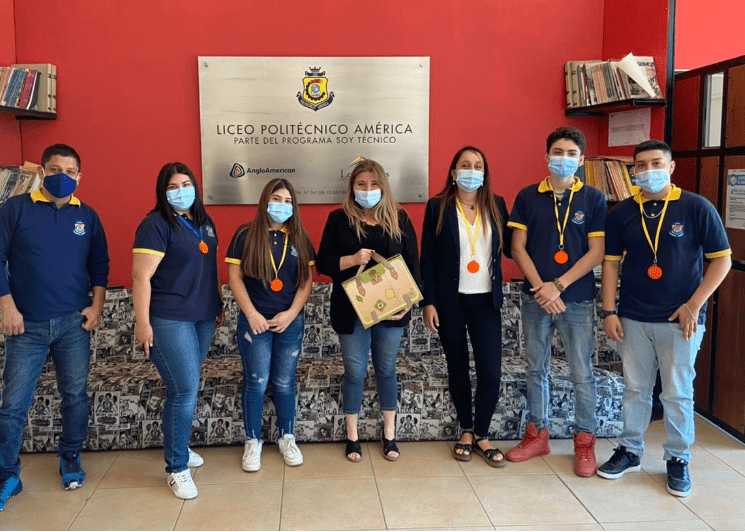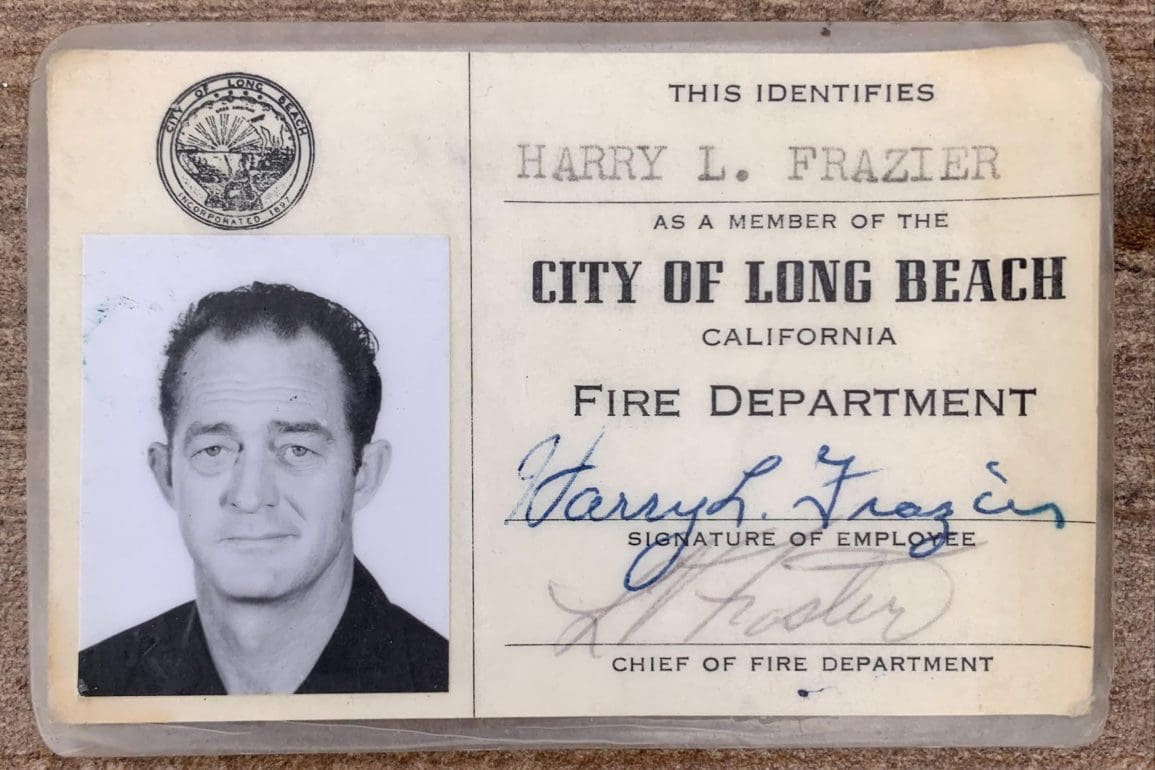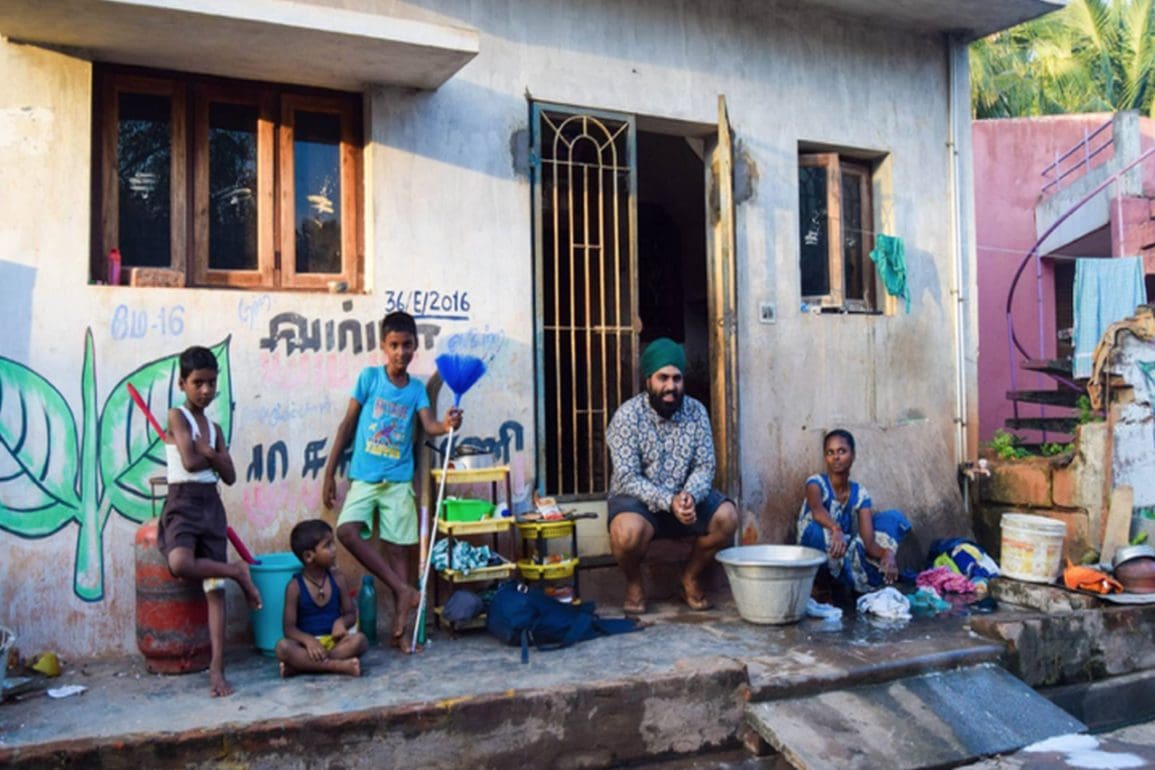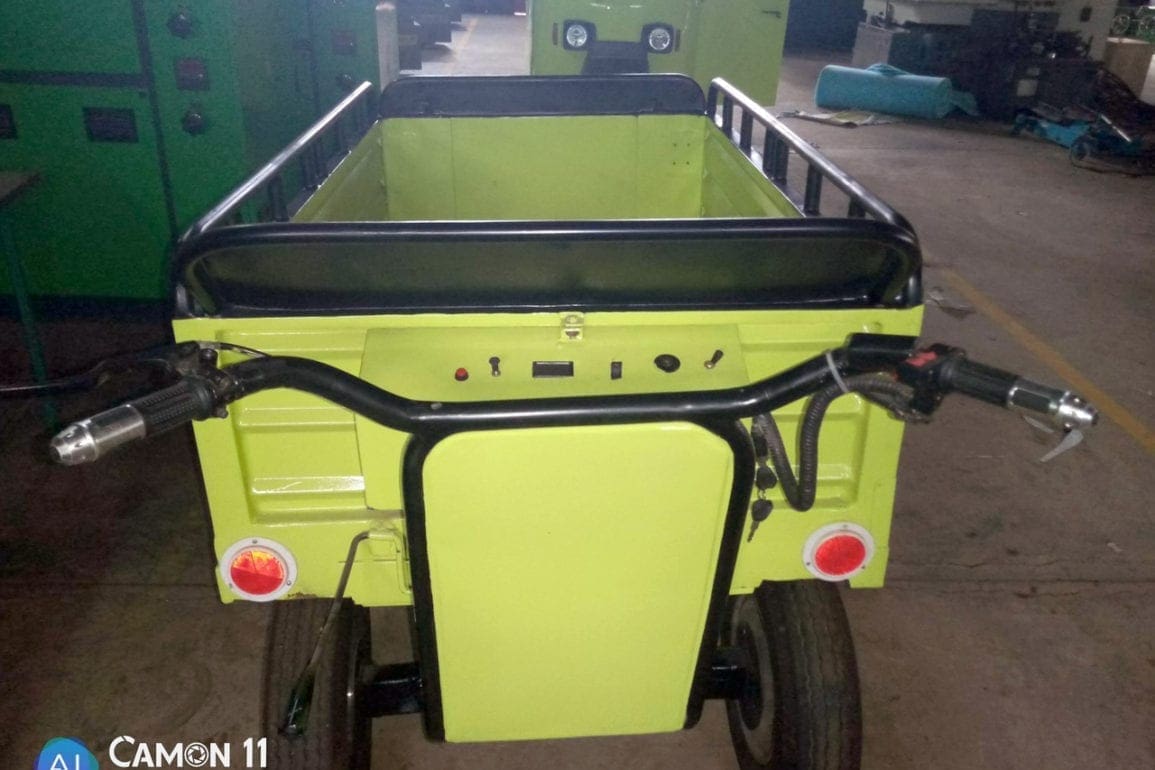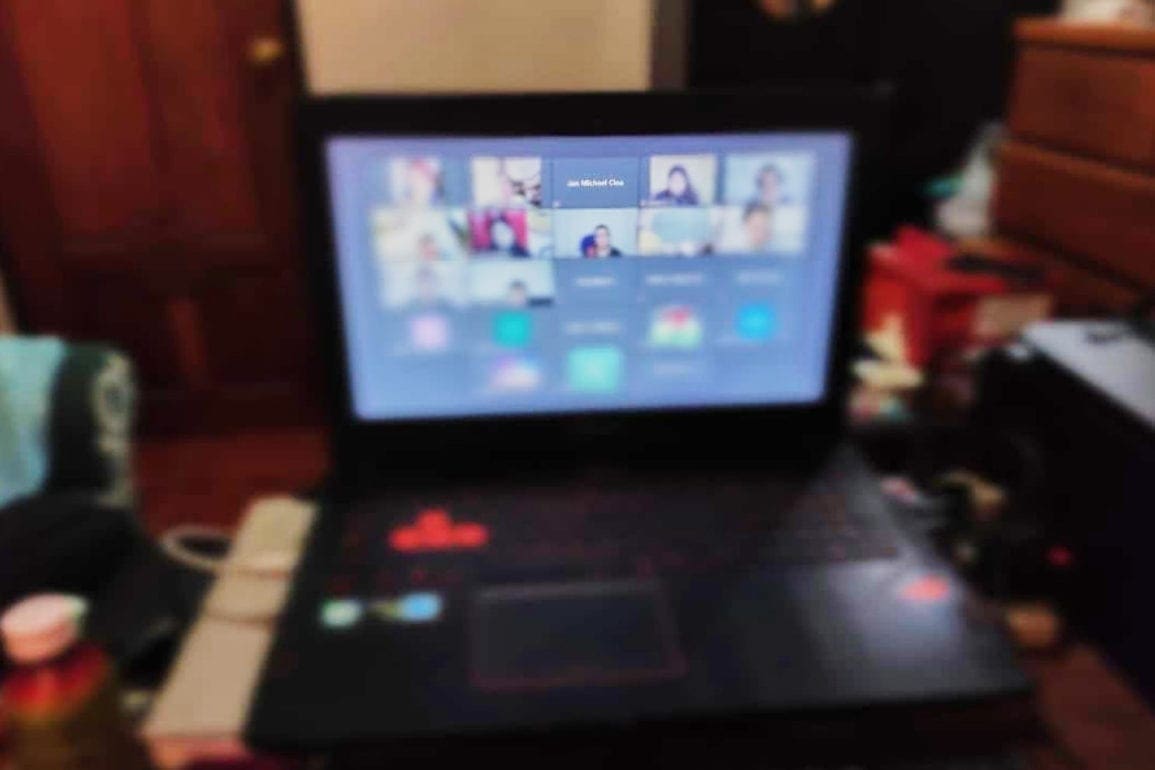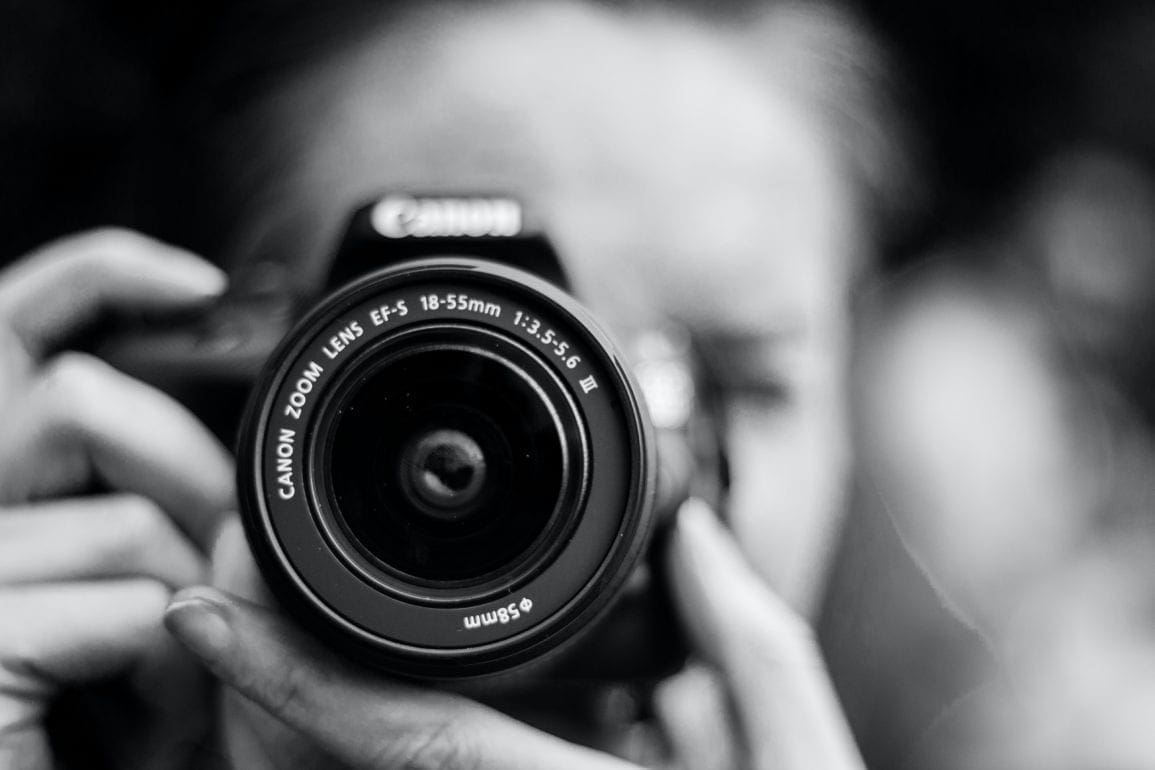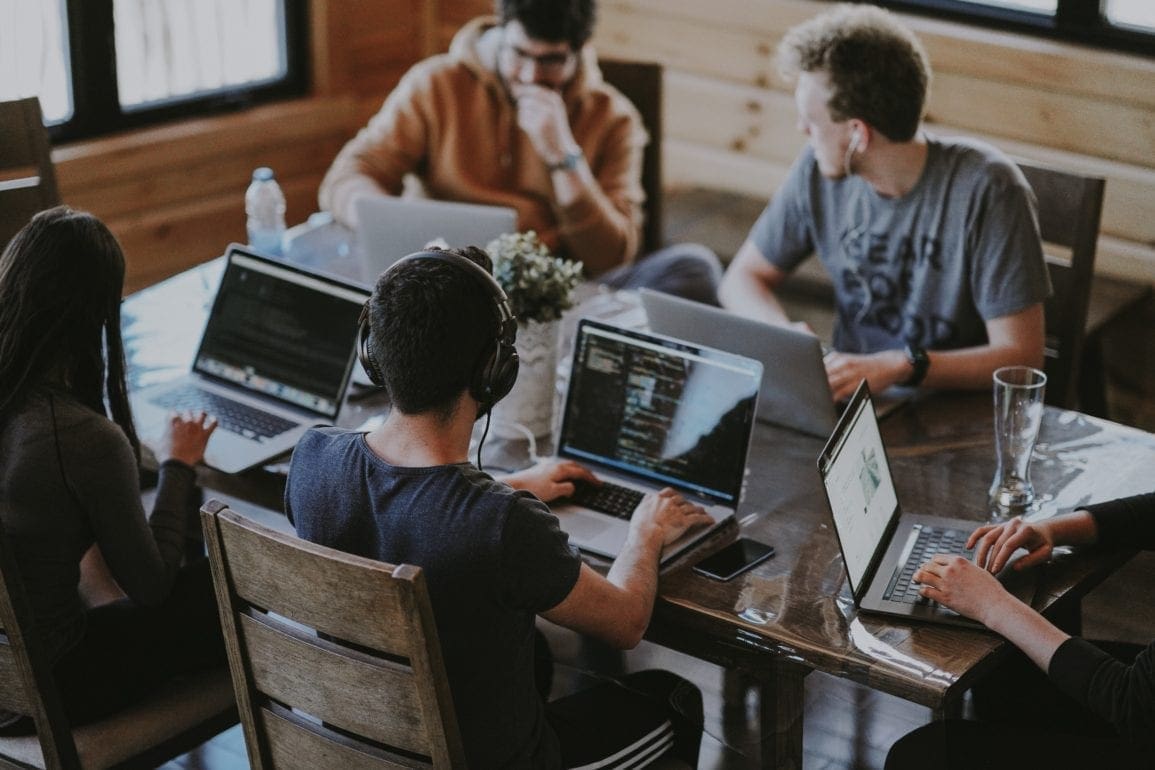Self-taught entrepreneur turns e-waste into income, launches national collective
Business began to return, but the period of conflict and the transition of power devastated me. With a new government, I lost my entire network and faced extreme tribalism. My wife and children depended on me, and I had no funds left to my name. How could I start a new business?
- 2 years ago
November 3, 2022
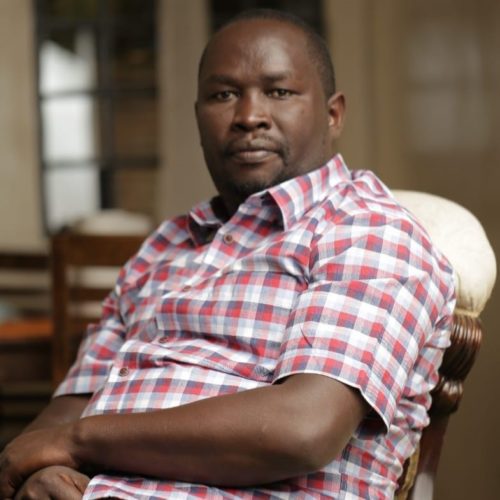
NAIROBI, Kenya ꟷ After the infamous 2007 post-election violence in Kenya, I lost my job as an electronics device supplier in the Kenyan government. Without an income or means to support my family, I needed to pivot quickly.
I started collecting broken electronic devices, refurbishing, and selling them. Markets opened in Europe and China where I sold motherboards and mobile motherboards. My business flourished and eventually I founded the Electronic Waste Initiative Kenya (E-WIK), a national NGO educating the public and offering safe disposal of e-waste.
Man plummeted into financial loss following election violence in Kenya
Before the elections drastically changed everything in Kenya, my typical day included camping out at the government offices where I worked as an electronic device supplier. The role provided me with a livelihood and means to support my family.
Read more articles about Science & Technology from around the world at Orato World Media.
I peacefully made my way to the ballot station and voted in the 2007 elections. When the electoral body announced President Mwai Kibaki as the winner, things turned violent quicky. In my work, I grew accustomed to the pace of government, but as chaos and skirmishes erupted around the country, everything came to a standstill.
None of us felt prepared for the aftermath of the election results, despite it being a highly contested poll. More than 1,100 were murdered and 650,000 were displaced. It took months, but the conflict eventually ended through the formation of a grand coalition government.
Business began to return, but the period of conflict and the transition of power devastated me. With a new government, I lost my entire network and faced extreme tribalism. My wife and children depended on me, and I had no funds left to my name. How could I start a new business?
As they say, necessity is the mother of invention.
Collecting electronic waste leads to an international business venture
I approached some of my previous clients and made a request: donate your old and broken computer devices and printers to me. The ones who agreed felt annoyed with trying to dispose of old devices, so they saw my act as a favor to them.
Traditionally in Kenya, when a device breaks, people simply buy a new one. They rarely chose to repair their equipment, leading to a backlog of disposed electronic devices. With these donations, I began collecting and refurbishing old equipment. Soon after, customers expressed interest in buying the repaired devices at a rate more affordable than the ones on the market.
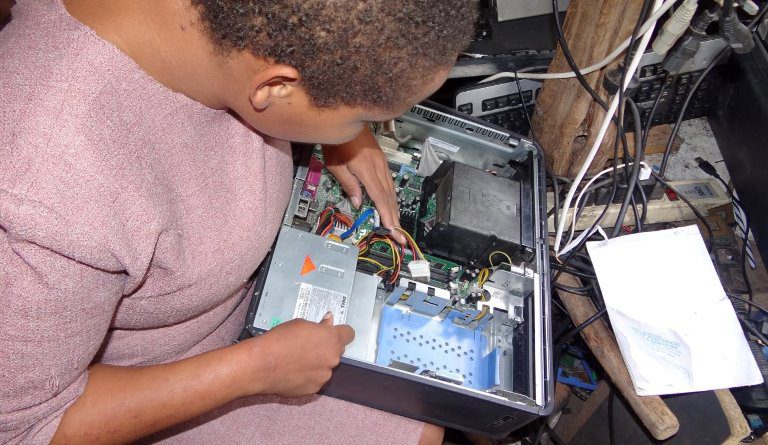
I experienced a great surprise when the business became lucrative. Word spread quickly in a matter of months: I was the man to collect electronic waste. Calls rolled in from companies requesting I come and collect their old products.
I slowly trained myself to become a master of the trade, collecting and dismantling electronic devices. I discarded the parts which were used beyond repair, while stock filing the newer parts I could sell at a fair price. Markets began opening and Chinese and European firms bought the motherboards and mobile motherboards from our storage facility. After selling my first batch, I knew this business was the right one for me.
As business flourishes, founder launches the Electronic Waste Initiative Kenya and presents country-wide solutions
I made enough money from e-waste to cover a lifetime of wages in my previous career. While the post-election violence felt like a dark cloud hovering over my family, everything worked out for our good. Not only did I find a niche, but it helped the people at the bottom of the economic pyramid to obtain electronics at an affordable price.
However, it did not stop there. Months into the business, I diversified. While I zeroed in on laptops and computers, clients wanted to dispose of televisions, fridges, and electronic kettles. The business grew by the day and a tipping point came – I could no longer manage it on my own.
In 2012 I formed an NGO with like-minded people called the Electronic Waste Initiative Kenya or E-WIK. Each of us specialized in certain types of e-waste, whether household or office electronics. We resolved to work together to refurbish unwanted equipment and store parts for sale. We put forth a concerted effort and soon went from collecting a few devices a week up to a hundred a day. Today we gather between two to five tons of e-waste per day.
Over time we added awareness and advocacy campaigns to our program, teaching how to handle and dispose of hazardous waste and to ensure devices do not break and remain fixable for reuse. We never lose hope because we know our work provides an innovative solution for e-waste in Kenya.

